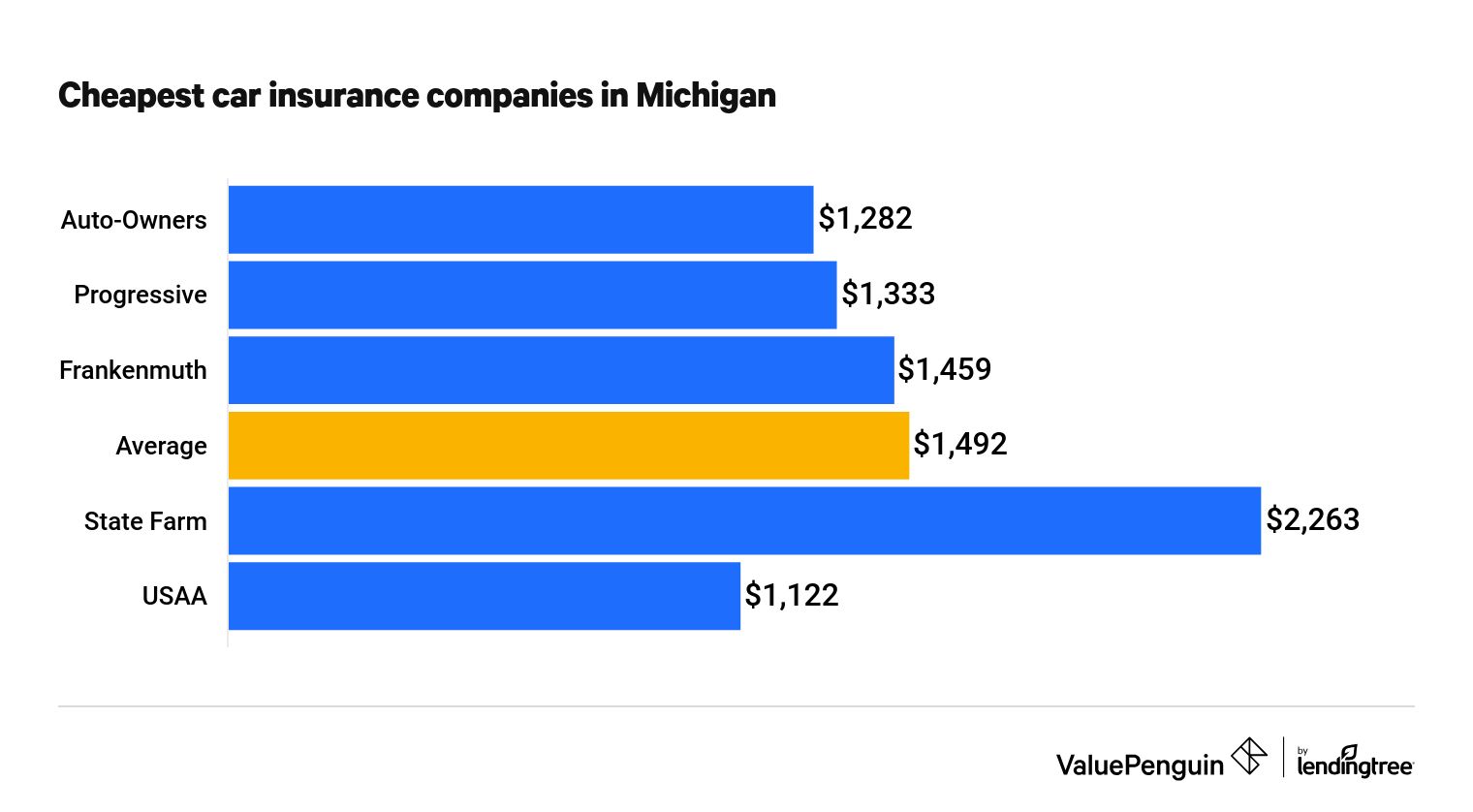Car insurance is an important aspect of prudent vehicle ownership, providing monetary protection against a range of risks that drivers experience on the road. For many, navigating the world of auto insurance can be overwhelming, with a wide range of choices, coverage types, and terms that might appear complex at first. Understanding the essentials of car insurance is vital not only for compliance with statutory requirements but also for protecting your finances in the event of an accident or damage to your vehicle.
As a driver, being knowledgeable about car insurance enables you make smarter decisions about the coverage you need. From liability and collision coverage to understanding deductibles and premiums, there are numerous factors that impact your insurance journey. This article intends to break down the essential elements of car insurance, helping you understand what every driver should know to ensure they are properly protected while on the road.
Types of Car Insurance
You can find various types of car insurance plans available, each designed to meet different needs and preferences of drivers. One of the most frequent types is liability insurance, mandated in most states. This type of insurance pays for the damages and injuries caused to others in an accident where you are at fault. It typically covers bodily injury liability and property damage liability, protecting you against financial loss from claims made by others.
A widely favored type is comprehensive coverage, that safeguards your vehicle from non-collision-related incidents. It encompasses theft, vandalism, natural disasters, and hitting an animal. Comprehensive insurance is particularly beneficial for those who live in areas vulnerable to such hazards or for drivers with newer, higher-value vehicles. It provides reassurance knowing that you are covered not just for accidents on the road but for unexpected situations as well.
Collision insurance is a further essential component of many drivers' auto insurance policies. This coverage pays for damages to your vehicle resulting from a collision with another vehicle or object, no matter who caused it. If you are financing or leasing your car, collision coverage is usually mandated by creditors. Combined, these types of coverage help ensure that you are safeguarded financially in a range of driving situations, giving you the trust to hit the road.
Elements Determining Insurance Costs
Several crucial elements determine the costs that vehicular operators pay for car insurance. One major factor is the operator's years of experience and history behind the wheel. Typically, less experienced drivers or those with limited experience tend to face increased premiums due to their increased risk of incidents. Insurers typically view more mature, more experienced drivers as more reliable behind the wheel, which can result in reduced premiums.
The type of vehicle also plays a crucial role in affecting insurance costs. Automobiles that are more expensive to fix or replace usually come with increased premiums. Additionally, vehicles with advanced safety features may be eligible for discounts, as they are seen as less susceptible to be involved in severe accidents. Insurers will also consider the likelihood of theft or the vehicle's safety scores.
An additional significant factor is the driver's history of insurance claims and credit score. A track record of past claims can signal to insurers that a driver is at higher risk, resulting in higher premiums. In the same way, a person's credit rating can affect costs, as insurers often use it as a measure of creditworthiness. Increased credit scores may result in diminished costs, while diminished figures could mean increased rates for auto insurance.
Ways to Select a Suitable Policy
Choosing the right car insurance policy begins with understanding your personal needs as a driver. Think about factors such as your driving habits, your type of vehicle you own, and your budget. If you drive a modern car, you may want a policy with extensive coverage to protect against loss or damage. On the other hand, if your car is older, minimum liability coverage may be adequate. car insurance near me open now to assess how much coverage you need based on your risk tolerance and lifestyle.

Next, shop around and contrast quotes from various providers. Insurance companies often have diverse rates for the same coverage, so spending time to gather multiple quotes can yield considerable savings. Look beyond just the price; assess the company’s status, customer service, and claims process. Checking reviews and asking friends or family about their experiences can offer insights into which insurers are trustworthy and provide complete support.
In conclusion, familiarize yourself with the terms and conditions of each policy before finalizing a decision. Focus on the deductibles, coverage limits, and any exclusions that may apply. Don't hesitate to consult insurance agents for clarification on any points you find ambiguous. The goal is to make sure you find a policy that not only matches your budget but also grants you peace of mind while on the road.
